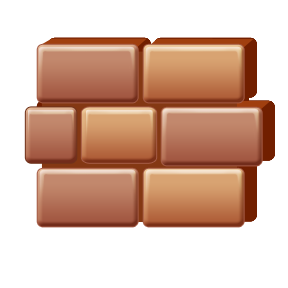Books, and Toned Middles
 Last month, I talked about beginnings and how important they are to drawing the reader in to your book. It seems appropriate to continue on to story middles today.
Last month, I talked about beginnings and how important they are to drawing the reader in to your book. It seems appropriate to continue on to story middles today.
Middles ought to be pretty simple. After all, it’s the stuff that happens between the beginning and the end. Many authors, however, struggle with middles. There’s a term for middles that lose their direction and energy: the dreaded Sagging Middle.
How do we keep our middles on task, doing the unsung but necessary work of getting the reader to the end of the story? How do we keep the energy high? Most important, how do we keep the reader engaged?
It’s best to step back and look at the big picture first. What is the underlying theme of your story? Is it clear and evident in every scene, though it’s likely never stated outright? Theme should be the basis for every action that takes place, every decision a character makes, and even descriptions of setting. Every word you use can and should further the development of the theme you’ve chosen. For more on THEME, click here.
Next, what about story structure? If you’ve built even a rudimentary five-sentence outline of turning points for a particular story, it is much easier to keep the individual scenes pointed in the right direction. No ambling about aimlessly in the rose garden and boring the readers—unless, of course, the rose garden is critical to both the theme and structure of this story! In that case, amble all you want, as long as there is purpose. For more on STRUCTURE, click here.
Now we get down to the nitty-gritty. Each scene in a story must have tension. This is sometimes referred to as conflict, and always results in suspense. Suspense isn’t defined as horror movie scary stuff; it’s simply a reader asking the question “What happens next” and turning the page to find out.
This is the key to toning up the middle of your book: Every scene and each chapter must have higher and higher stakes for the main characters. Each character has more to lose as the story progresses, and each character is forced into increasingly difficult choices. As situations evolve, and as the characters slog their way through their troubles, they reveal their increasingly deeper secrets to the reader. The characters struggle, and they grow. The reader identifies in some way, roots for them, and is willing to be swept along. For more on ROOTING FACTORS, click here.
One caution: Watch for filler, and ruthlessly cut it. It’s easy to rationalize that since this is the middle of the book, the reader is already caught up in it and won’t put it down, so you don’t have to work quite as hard, and nobody will notice that this whole scene/chapter doesn’t really advance the story; it’s just there because you, the author, like it. Nope. Readers are smart. Cut the scene if it doesn’t advance the story. Cut the details if they don’t advance the story. I know. It’s hard. If it’s too hard, create a file for deleted scenes and put the cuts there so they’re accessible if you want them later. I find that’s sometimes a necessary intermediate step, even though those end up fully deleted later. Human nature is pretty funny!
Once you approach the end of the book (or even at the end of chapters!), resist the urge to tie up loose ends too soon. I admit to that failing as a new author. My first attempts at chapters all had tidy endings. Wrong, wrong, wrong! Every chapter should end with an unanswered question. Analyze your favorite I-couldn’t-put-it-down book. What created that quality? I’m willing to bet it was ever more crucial unanswered questions, and lots of loose ends. For more on TENSION, click here, and for more on HOOKS, click here.
What tips do you have to share regarding middles? I’d love to hear a new take on the subject!




